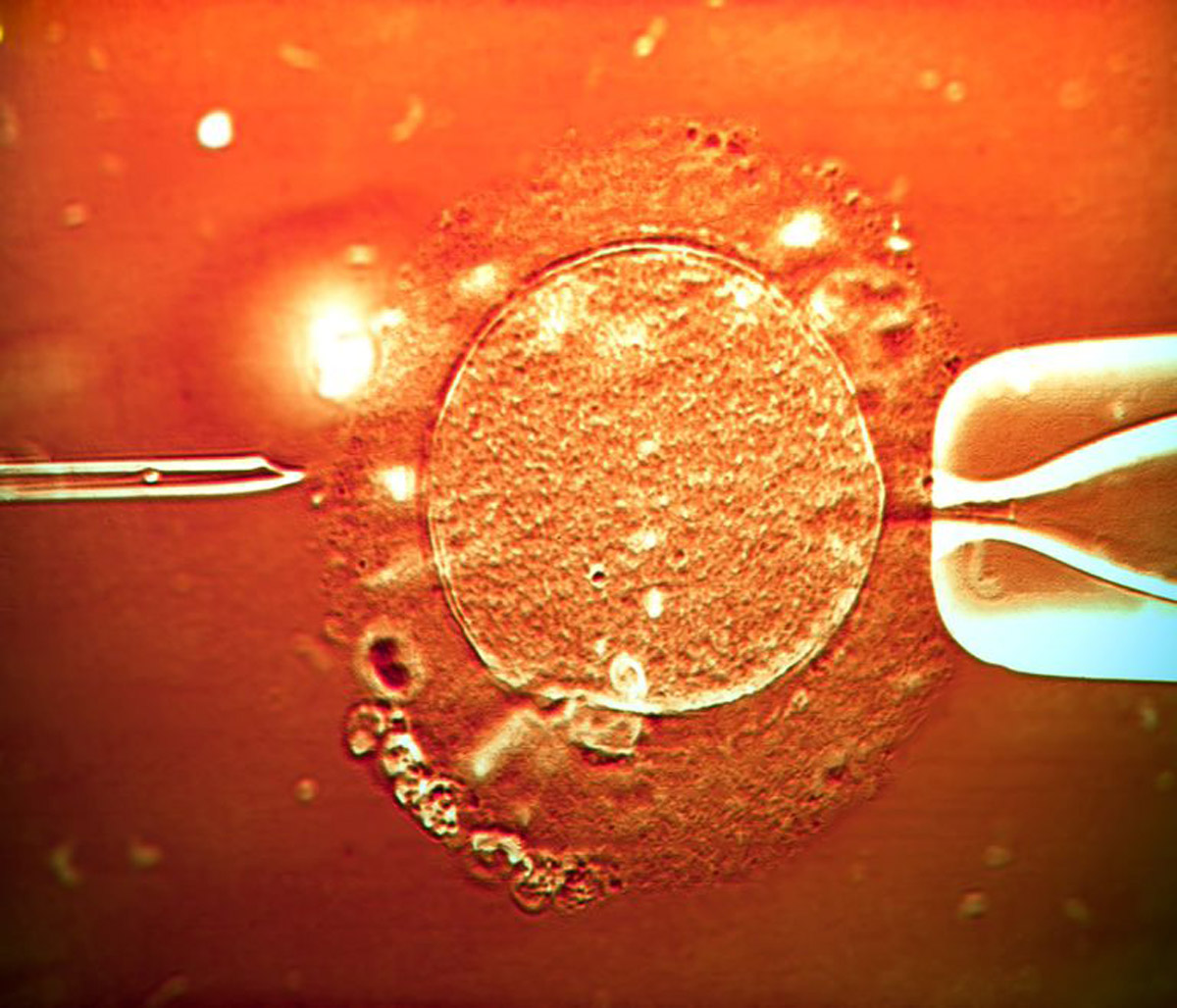Dr. Kanchi Khurana
Intracytoplasmic sperm injection (ICSI) is an advanced in vitro fertilization (IVF) process where a single sperm is injected directly into the cytoplasm of a human egg. This procedure was designed to help couples to achieve successful pregnancy who are facing severe male Infertility or have failed to conceive in previous in vitro fertilization attempt.
In ICSI the maximum possible amount of eggs are retrieved, but the eggs which are matured are only injected with sperm. On an average about 75 to 80 percent of eggs which are retrieved can be injected..
Male Infertility
It is the inability to conceive by a couple after 1 year of unprotected sexual intercourse. Both men and women have equal chances of being infertile. Male infertility problems could be due to the following reasons:
low sperm count or poor sperm quality such that it is unable to penetrate or fertilize the egg
men who have undergone epididymal or testicular biopsy in order to conceive
any kind of anatomical abnormality such as a blockage in male’s reproductive tract that prevents him from producing or ejaculating sperm.
Such problems could be solved with the help of advanced and specialised technologies such as intracytoplasmic sperm injection (ICSI), in vitro fertilization (IVF) and other procedures. This process has a high success rate and it gives hopes to the couples who are unable to attain pregnancy to get a fertilized embryo.
Circumstances where ICSI maybe recommended
* ICSI is mostly recommended in the case of male factor infertility where achieving fertilization will be very difficult. Cases of male Infertility where ICSI is used are :
* very low sperm count or oligospermia
* poor sperm movement or motility also known as asthenozoospermia
* poor sperm quality or azoospermia where the sperm is unable to penetrate the egg. Azoospermia is of two types i.e obstructive and non obstructive. Obstructive azoospermia can occur due to congenital absence of the vas, previous vasectomy or scarring from previous infections.
* Sperm retrieved through TESE or testicular sperm extraction, which is done when a man is unable to ejaculate but is producing sperm.
* Retrograde ejaculation where sperm is retrieved from a man’s urine.
Other causes for the use of ICSI are:
* Frozen sperm is being used and the sperm does not seem active.
* PGD (preimplantation genetic diagnosis) is being carried on
* In previous IVF cycles where the eggs are not fertilized, though the number of eggs where high and sperm was healthy.
* When frozen oocytes are used then the egg shells may harden , ICSI is recommended in such cases.
* IVM (in vitro maturation) is being used where eggs are retrieved before maturity then ICSI will be effective.
Procedure for ICSI treatment for infertility
There are seven steps involved in ICSI, they are:
* Oocytes are retrieved from a woman with the help of transvaginal oocyte retrieval procedure.
* The sperm is collected from the partner on the same day the eggs are collected.
* The nature oocyte or egg is stabilized by a holding pipette by applying gentle suction through a microinjector.
* A sharp, delicate, and a hollow needle is used to immobilize the sperm by cutting its tail and a single sperm is picked up gently.
* The sperm is injected directly into the cytoplasm with the help of the needle and then the needle is removed carefully.
* The polar body of oocyte is positioned at 12 or 6 o’clock position to stabilise it.
* After the procedure is successfully finished, the embryo is placed physically into the woman’s uterus. Then one has to run tests and wait for the signs of pregnancy.
The success rate of ICSI in male infertility
One can conclude about the success rate of ICSI by the fertilization rate achieved in the UCSF IVF laboratory which is currently 80 to 85 percent. Through ICSI couples with male factor infertility have achieved 70 to 80 percent of fertilization rate for all eggs injected which is equivalent to fertilization with normal sperm. The pregnancy rates achieved through ICSI are comparable with those attained through IVF in couples who have no male factor infertility.
(The author is Gynecologist & IVF Specialist, Indira IVF Hospital)


